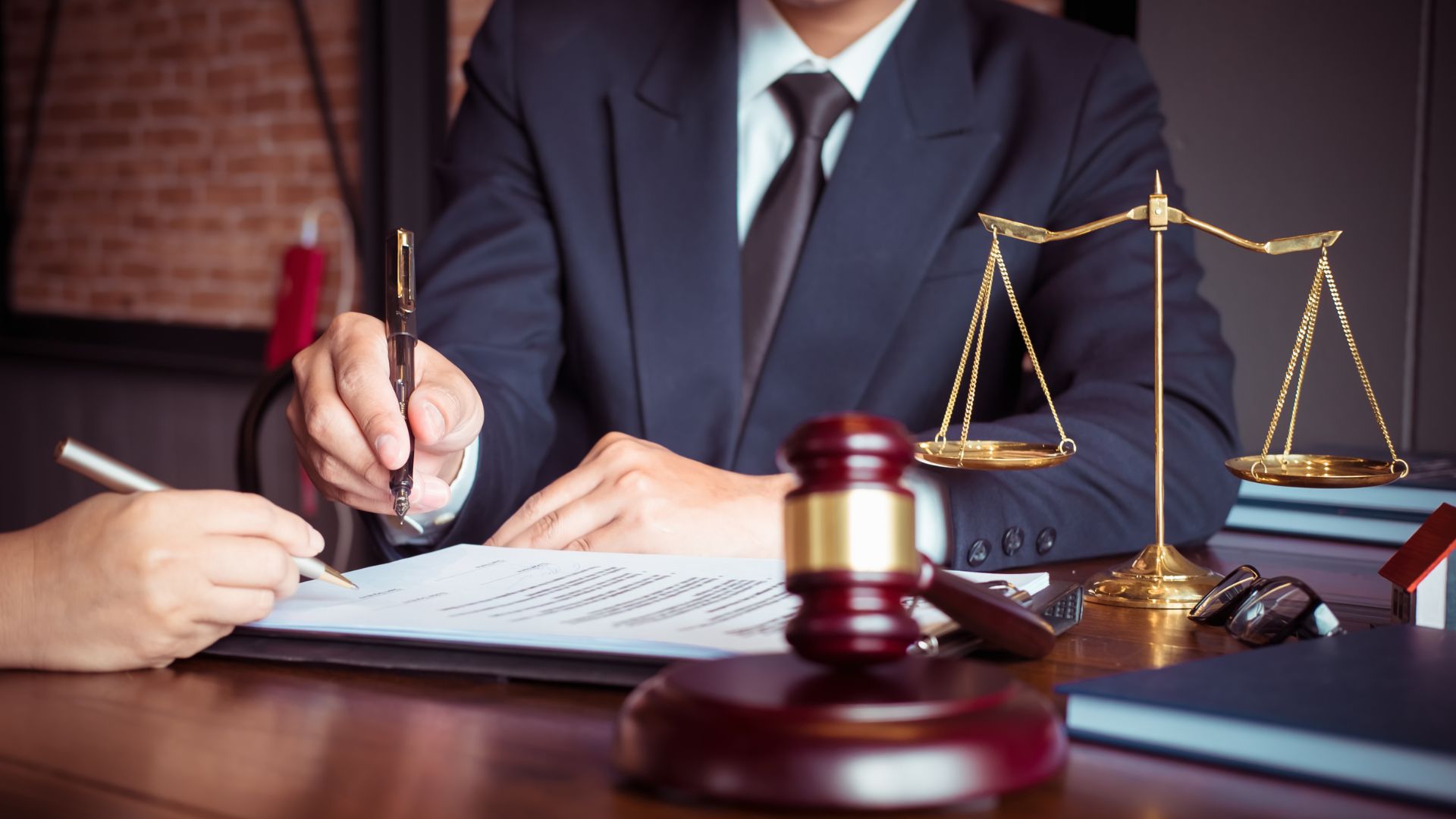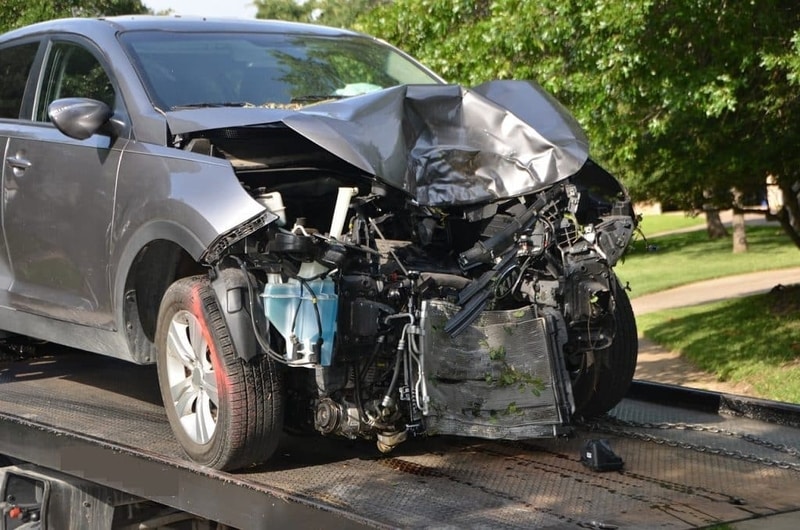Introduction
Getting injured in a car accident can be a traumatic experience, especially when you are just a passenger and not the one driving. The aftermath of such incidents can leave you feeling helpless, confused, and overwhelmed. However, knowing the https://www.moseleycollins.com/car-accident.html legal steps to take if you’re injured while riding as a passenger can significantly ease your burden. With the right guidance and support, you can navigate through this challenging time more effectively.
In this comprehensive guide, we’ll explore various legal avenues available to passengers who sustain injuries during car accidents. We’ll also touch upon the crucial role of a car accident lawyer in helping you recover damages for your injuries. So, let’s delve into these essential steps and ensure that you are well-equipped to handle any situation that may arise.
Understanding Your Rights as a Passenger
What Are Your Rights?
As a passenger in a vehicle, you have certain rights that protect you in the event of an accident. Unlike drivers who have specific responsibilities on the road, passengers are generally entitled to safety and protection from negligence or reckless behavior exhibited by drivers.
Right to Safety: Passengers have the right to expect that the driver will operate the vehicle safely. Right to Compensation: If injured due to someone else's negligence, passengers can seek compensation for medical expenses, lost wages, pain and suffering, and other damages. Right to Legal Representation: Passengers can engage with legal professionals like car accident lawyers who specialize in personal injury cases.Legal Implications of Being a Passenger
Generally speaking, passengers are less liable than drivers because they do not control the vehicle's operation. However, there are some nuances:
- If a passenger was engaging in distracting behavior (e.g., arguing with the driver), it might complicate their claim. In states with comparative negligence laws, liability could reduce compensation based on individual fault percentages.
Immediate Steps After an Accident
Check for Injuries
The first thing after an accident is to check yourself and others for injuries. Even minor symptoms should not be ignored as they might indicate underlying issues.
Seek Medical Attention
Regardless of how you feel at that moment, getting checked by medical professionals is critical. Some injuries may not manifest immediately but could lead to complications later on.
- Why is Immediate Medical Attention Necessary? It documents your injuries which is crucial for any future legal claims. It ensures that any serious injuries are treated promptly.
Document Everything
Once you've ensured everyone's safety and received medical attention:
Take photographs of the scene. Gather contact information from witnesses. Record details about all vehicles involved.
Contacting Authorities
File a Police Report
It’s vital to call law enforcement after an accident since they will document everything through an official police report which could serve as pivotal evidence later on.
- What should be included in this report? Details of all parties involved Witness statements Traffic conditions
Obtain Copies of Reports
Make sure you obtain copies of police reports for your records and potential use in legal proceedings later on.
Gathering Evidence for Your Claim
Types of Evidence Essential for Claims
When pursuing compensation following an injury from being a passenger in a car accident:
- Photographs of the scene Medical records Witness statements Insurance information
How Does This Evidence Help?
This evidence forms the backbone of your case against negligent parties and substantiates your claims regarding physical harm or financial loss.
Understanding Insurance Policies
Who Pays for Your Injuries?
Insurance coverage plays a significant role in determining how your medical bills will be paid post-accident:
Driver's Insurance: Often responsible for covering damages if deemed at fault. Personal Injury Protection (PIP): Covers medical costs regardless of fault in many no-fault states. Uninsured/Underinsured Motorist Coverage: Important if another party lacks adequate insurance.Dealing with Insurance Companies
Navigating through insurance companies can be frustrating but understanding some key points can help:
- Be careful when discussing details; anything said could impact your claim. Document all communications with insurers.
Consulting with a Car Accident Lawyer
When Should You Contact One?
It's advisable to consult with a car accident lawyer if:

- You have sustained significant injuries requiring ongoing care. The insurance company disputes liability or coverage amounts.
A skilled attorney will provide insights into navigating complex legal landscapes effectively.
Steps Involved in Filing a Lawsuit
Deciding Whether to Sue
Before jumping into litigation:
Assess whether there's enough evidence against another party. Consider potential settlement options outside court first; lawsuits can be lengthy and costly.Filing Your Claim
If pursuing litigation seems necessary:
Draft a complaint outlining facts surrounding the incident. File it within applicable statutes of limitations—typically two years from when you're injured—but this varies by state!Negotiating Settlements with Insurance Companies
Understanding Settlement Offers
Insurance companies often present initial offers which may seem tempting but often underrepresent actual damages incurred:
Evaluate medical expenses thoroughly before accepting anything! Speak with your attorney about what constitutes fair compensation based on lost wages and pain & suffering claims too!Preparing for Court Appearances
What Happens During Court Proceedings?
If negotiations fail:
Be prepared for discovery—the phase where both sides gather evidence formally. Expect witness testimonies which may include expert witnesses regarding injury assessments or vehicular dynamics!FAQs About Passenger Injury Claims
1. What should I do immediately after an accident?
First things first—check yourself and others for injuries; then seek medical attention before documenting everything!
2. Do I need my own lawyer if I’m injured as a passenger?
Yes! A car accident lawyer specializing in personal injury cases will significantly enhance your chances at receiving fair compensation!
3. What if I was partially at fault?
Depending on state laws regarding comparative negligence; even partial fault doesn’t negate potential compensation—it simply reduces it accordingly!
4. How long do I have to file my claim?
Typically anywhere between one-to-three years depending on state statutes—always best practice is consulting an attorney early!
5.Am I covered by my friend’s insurance while riding as their passenger?
Generally yes! Most auto policies cover passengers during accidents unless otherwise stated—be sure to verify specifics though!
6.What kind of damages am I entitled too?
You might receive reimbursement for medical expenses incurred due directly related injuries sustained plus compensation related pain/suffering incurred throughout recovery process too!
Conclusion
In conclusion, being involved in an accident as a passenger can be stressful and overwhelming; however understanding these critical legal steps can empower you during this challenging time! From recognizing your rights as passengers navigating through insurances systems while gathering necessary documentation—all aspects play pivotal roles towards securing rightful compensations owed post-injury occurrence! Don’t hesitate seeking professional assistance via experienced car accident lawyers—they’re invaluable resources capable guiding individuals towards achieving optimal outcomes amidst unfortunate circumstances!
